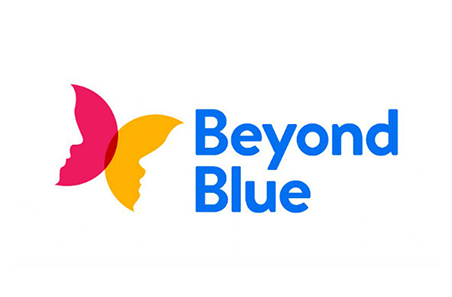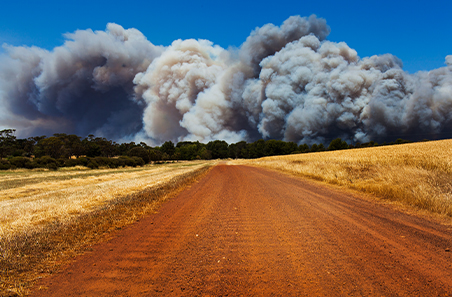
Beyond Blue
Offering phone, live chat, email and online forum services for anyone who just wants to talk – no problem is too big or small.
Call: 1300 22 4636
Stay informed with a short, sharp monthly summary of MLA’s latest research reports.
These are challenging times, but you don’t have to deal with it all by yourself
If you need someone to talk to or just want to read up on some resources to help you get into a better headspace, check out the links below.
If you’re thinking about suicide or experiencing a personal crisis, get in touch with Lifeline:
Call: 13 11 14 (open 24 hours)
Text: 0477 131 114 (6pm – Midnight Sydney time)
Live online chat (7pm – Midnight Sydney time)
No one needs to face their problems alone. If your struggling with your mental health, get in touch with a trained professional from one of the organisations below – they’re here to help.
Offering phone, live chat, email and online forum services for anyone who just wants to talk – no problem is too big or small.
Call: 1300 22 4636
Providing 24/7 telephone and online counselling to people affected by suicide.
Call: 1300 659 467
Offers a free text/online service for those who find it hard to talk face-face or over-the-phone about mental health.
Text: 0488 807 266
If you’d prefer to access support online, there’s a whole range of resources and tools out there to help you get back into a positive mindset.
Take a free mental health assessment and after, you’ll receive a personalised report with suggested support services and resources.
Beyond Blue’s ‘Beyond Now’ is a suicide safety planning app to keep you safe through tough times. Create your personal plan so you’re more prepared if the burden becomes too much.
Providing action-focused tips, information and resources to help rural men reach their best possible mental health.
If someone you know is struggling with their mental health, or you have noticed they’re not acting themselves? Check out the resources below for help supporting someone who’s doing it tough.
Before you attempt to have a conversation with someone about their mental health, it helps to know the symptoms.
R U Ok has also compiled a quick, simple guide on how to have the conversation with a friend, family member who you suspect might be struggling. In addition to the Mateship Manual, which includes a few simple steps to starting a conversation with a mate you’re worried about.
Do you know of someone with a diagnosed mental health condition or have you recognised something isn’t quite right? Here’s a comprehensive guide to help you support them.
Unfortunately, drought, fires and floods have plagued Australian farm businesses for hundreds of years – but that’s not to say they don’t have a significant impact on our mental health. Here are some tips and tools to help you cope with the stress of these natural disasters.
It’s important to distinguish between common reactions to bushfires and signs you need additional support.
In this podcast, producers and advisors talk about about how you can focus on your mental health when there’s no rain on the horizon.
Lifeline has compiled a toolkit to help you manage the stress of floods and other extreme climate events.
Some people can develop anxiety or depression after experiencing a traumatic event. Try these tips to help you cope.
The Federal Government has pledged $76 million to support the mental health and wellbeing of people affected by bushfires.
Recovering from a natural disaster can be overwhelming. If you are concerned about your alcohol or drug consumption, or that of a loved one, help is available.














